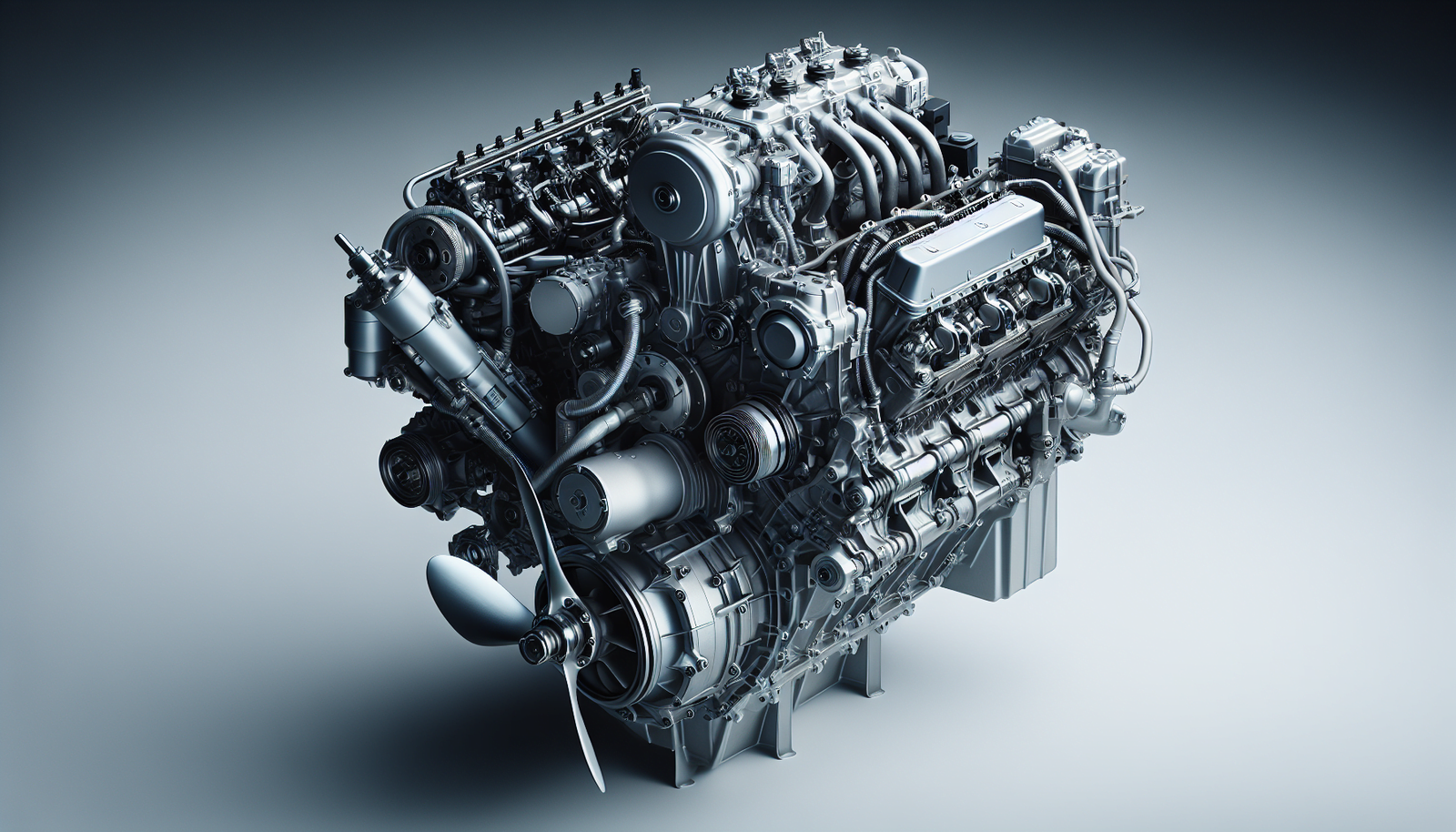Prepare to navigate the sometimes murky waters of boat engine maintenance as this article charts a course through common boat engine problems and their solutions. From a fickle fuel system to a cranky carburetor, it’s not always smooth sailing when it comes to boat engines. Fortunately, this guide aims to make the journey a little less bumpy, drawing you a map with key signs of common problems, their potential causes, and solid solutions to get your boat back to peak performance. So, tighten your life vest and prepare to boost your nautical knowledge, as you embark on this informative passage!
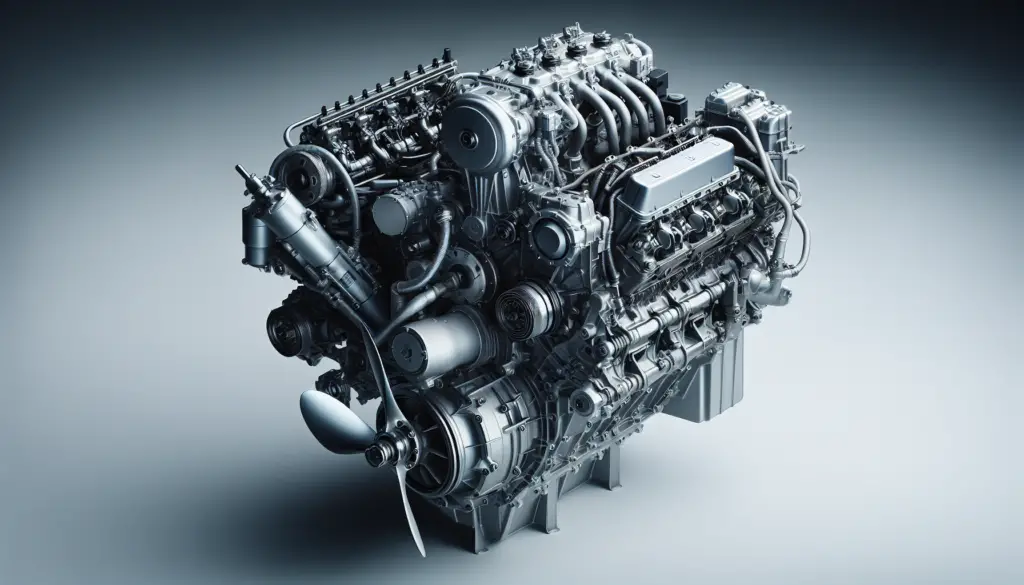
Overview of Common Boat Engine Problems
A boat engine plays a critical role in your boating adventures, providing power, speed, and reliability. However, you might from time to time encounter problems that hinder its optimal performance. Understanding these common issues will not only save you time and money on repairs but also enhance your safety on the water.
Types of boat engines
Boat engines come in different types, namely, outboard engines, inboard engines, stern drives, and jet drives. Each of these has unique features, strengths, and weaknesses, resulting in different common issues you may encounter. It’s important to understand the kind of engine in your boat so that you can accurately diagnose and resolve problems.
Understanding common issues with boat engines
The problems frequently encountered with boat engines often involve the engine not starting, overheating, Excessive fuel consumption, stalling or surging, transmission issues, abnormal noises, loss of power, and oil or fluid leaks. While these issues may seem daunting, you can often solve them with the right knowledge and patience.
Problem: Engine Won’t Start
An engine that won’t start is one of the most common issues boat owners face. This can be quite frustrating and ruin your plans for a day on the water.
Possible reasons why the engine won’t start
There could be numerous reasons why your boat’s engine isn’t starting, from a dead battery to a clogged fuel line or a faulty starter motor. Ignition switch problems, water in the fuel, or a broken kill switch could also be culprits.
Steps to troubleshoot a non-starting engine
Starting with the simplest solutions, check the kill switch, ensure that the boat is in ‘neutral’, and verify that the battery is charged. If these quick checks don’t solve the problem, examine the fuel system for any blockages or water contamination, and inspect the starter motor and ignition switch for any faults.
When to seek professional help
If after all your efforts the engine still won’t fire up, it might be time to seek professional assistance. Complex issues or problems that involve more technical parts of the engine are best left to trained boat mechanics.
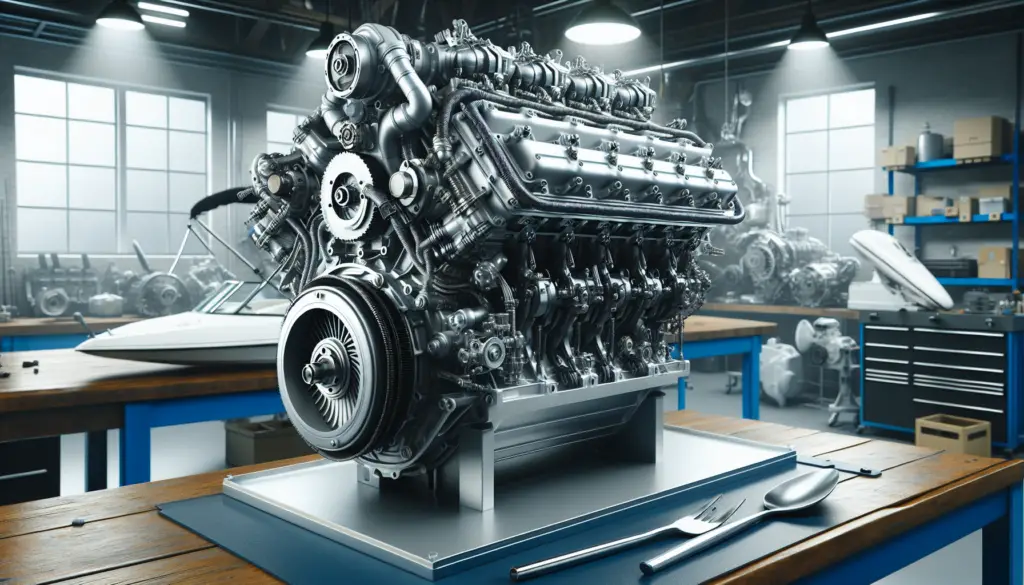
Problem: Overheating Engine
An overheating engine can lead to serious damage if not addressed promptly and properly. It can even cause a fire, putting you and your boat at risk.
What causes a boat engine to overheat
Common causes for an overheating boat engine include a blocked raw water intake, a faulty water pump, or problems with the thermostat. Clogs in the cooling system, or cooler failures, can also lead to overheating.
Effects of an overheating engine
A consistently overheating engine can cause irreversible damage to various components of the engine, leading to expensive repairs or even engine replacement. It can also cause a fire, creating even more damage and putting your safety at risk.
Ways to cool down an overheating engine
If your engine is overheating, you should first ensure the boat is in neutral and check the raw water intake for any obstructions. Checking the water pump and thermostat for functionality is also important. If required, professional coolant flushes can restore the cooling system’s effectiveness.
Preventive measures to avoid engine overheating
Regular maintenance of the cooling system can prevent most overheating issues. Keeping the raw water intake clean, routinely checking and replacing the water pump and thermostat if needed, and regularly changing the coolant can all help avoid overheating.
Problem: Excessive Fuel Consumption
Excessive fuel consumption not only costs more, but it also indicates potential issues with the engine that can lead to larger problems if ignored.
Identifying unusual fuel consumption
Monitoring your boat’s fuel usage can help you identify any unusual consumption. A significant increase in fuel use with similar boating patterns could mean a problem.
Possible reasons for high fuel consumption
The reasons could range from using the incorrect type of fuel, poor engine tuning, and dirty air filters, to more serious issues like a malfunctioning fuel injector. An inefficient or damaged propeller could also lead to increased fuel consumption.
Strategies to enhance fuel efficiency
To reduce fuel usage, ensure that you’re using the correct type of fuel for your boat’s engine and regularly service the engine to keep it in top shape. Keeping the hull clean and well-maintained, ensuring your propeller is in good condition, and operating at efficient speeds can also greatly enhance fuel efficiency.
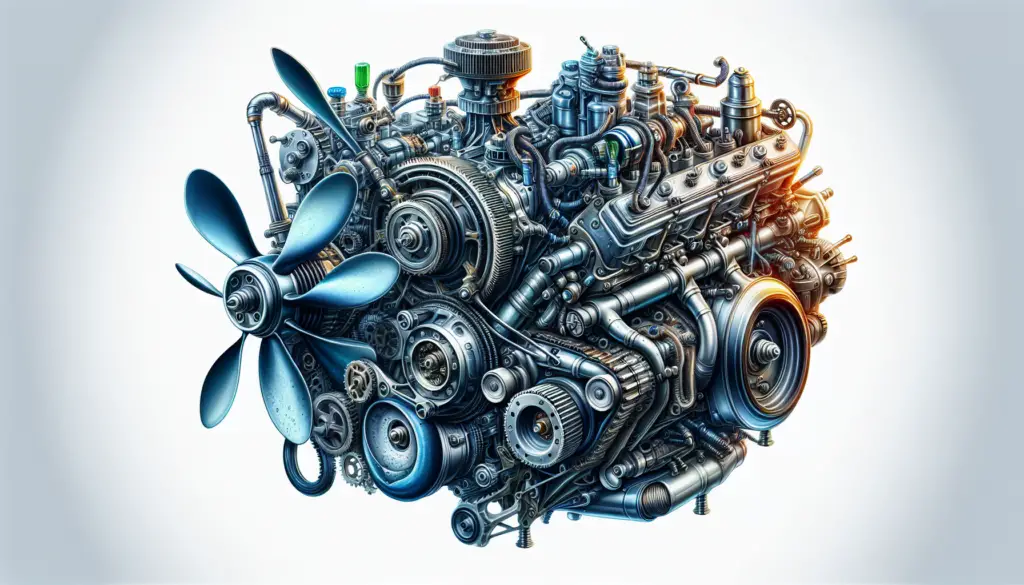
Problem: Engine Stalling or Surging
A stalling or surging engine can be a nuisance and a safety hazard if it happens while you’re out on the water.
Understanding why an engine stalls or surges
A boat engine may stall or surge due to a range of issues, from a simple dirty fuel filter to more complex issues such as ignition or carburetor problems.
Immediate steps to take when engine stalls or surges
First, check the fuel supply and ensure the fuel filter is clean. If the problem persists, check the ignition and carburetor. However, unless you’re familiar with these parts of the engine, it’s recommended to consult a professional mechanic.
Long-term solutions to prevent engine stalling and surging
Regular servicing of your boat’s engine can prevent many of the common causes of engine stalling and surging. This should include checking and cleaning the fuel filters, tuning the engine regularly, and keeping the ignition system in good condition.
Problem: Transmission Issues
Transmission problems can severely limit your boat’s performance and can lead to other engine problems if not addressed.
Common signs of transmission problems
Signs of transmission problems may include difficulty shifting gears, a noisy transmission when in neutral, or even leakage of transmission fluid.
How to fix minor transmission issues
For minor issues like difficulty in shifting gears, changing the transmission fluid may be all that’s needed. Also, adjusting the clutch linkage can make a difference.
When to seek professional help for transmission problems
However, problems like noise from the transmission or a leaking transmission fluid are often signs of more serious issues and you should seek the help of professionals for accurate diagnosis and repair.
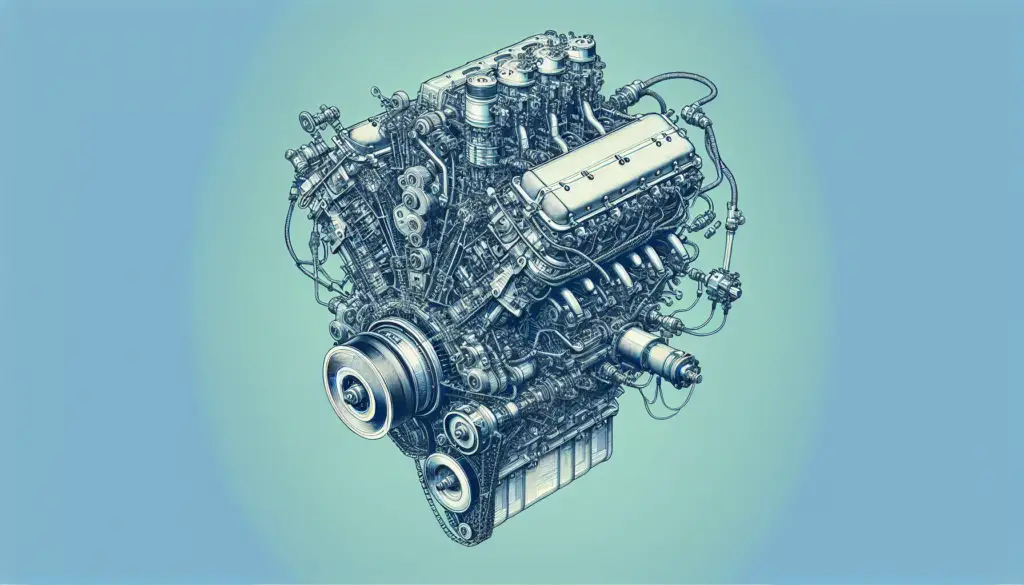
Problem: Abnormal Engine Noises
While boat engines are typically noisy, abnormal sounds can be a sign of trouble.
Identifying abnormal engine noises
Keep an ear out for sounds that are different from the usual hum of the engine. These could include knocks, clicks, hisses, or any other unusual noises.
Possible causes of abnormal noises
These noises can be due to a variety of factors including faulty belts, maladjusted valves, failing bearings, or even serious issues like engine knocking due to pre-ignition.
Solutions to rectify abnormal engine noises
Depending on the cause, solutions could be as simple as tightening or replacing a belt or adjusting a valve. However, problems like failing bearings or engine knocking should be addressed by a professional mechanic.
Problem: Insufficient Power
When your boat’s engine lacks power, it can severely compromise your boat’s performance and your enjoyment of the water.
Recognizing signs of an engine lacking power
Signs of an engine lacking power can include a significant loss in speed or acceleration, a struggling engine when trying to keep a steady speed, or even a boat that simply won’t move, despite the engine running.
Possible causes for loss of power
Causes could be as simple as a dirty air filter or old spark plugs, or more complex like problems with the fuel supply system or worn-out parts in the engine.
Corrective actions to restore engine power
Regular maintenance such as replacing old spark plugs and cleaning air filters can often solve minor issues. For more serious problems, a thorough check of the engine by a professional may be needed.
Problem: Oil or Fluid Leaks
Oil or fluid leaks can lead to a variety of engine problems and may be a sign of an underlying issue that needs to be addressed.
How to identify engine oil or fluid leaks
Oil or fluid leak can often be identified by a pool of liquid under the boat when it’s out of the water, or by streaks of coloured fluid on the water while boating. Also, an oil or fluid level that consistently decreases could signal a leak.
Issues that may cause oil or fluid leaks
Leaks can be caused by worn-out gaskets, seals, or hoses, a broken oil pan, or even a crack in the engine block.
Measures to stop oil or fluid leaks
For simple causes like a worn-out gasket or seal, replacements can often fix the leak. However, leaks from a crack in the engine block or similar serious issues should be taken to a professional immediately.
Concluding Thoughts on Boat Engine Maintenance
Regular maintenance and attention to your boat’s engine can save you from many common engine problems and help extend the engine’s life.
Importance of regular maintenance
Regular maintenance does not only prevent most common issues but also helps to identify potential problems early on, preventing serious damage and saving you from costly repairs.
Ways to extend engine life
Routine engine checks, regular change of oil and filters, timely tune-ups, and using the correct fuel type can all greatly extend your engine’s life. Also, keep the engine clean from unnecessary dirt and grime and store it properly during off-seasons.
Finding a reputable boat engine repair and maintenance service
A professional and reputable boat maintenance service is essential for those tasks you can’t or prefer not to do yourself. Find a service that has good reviews, employs qualified mechanics, and offers fair pricing. With their help, you can ensure your boat’s engine is in prime condition for many boating adventures to come.

